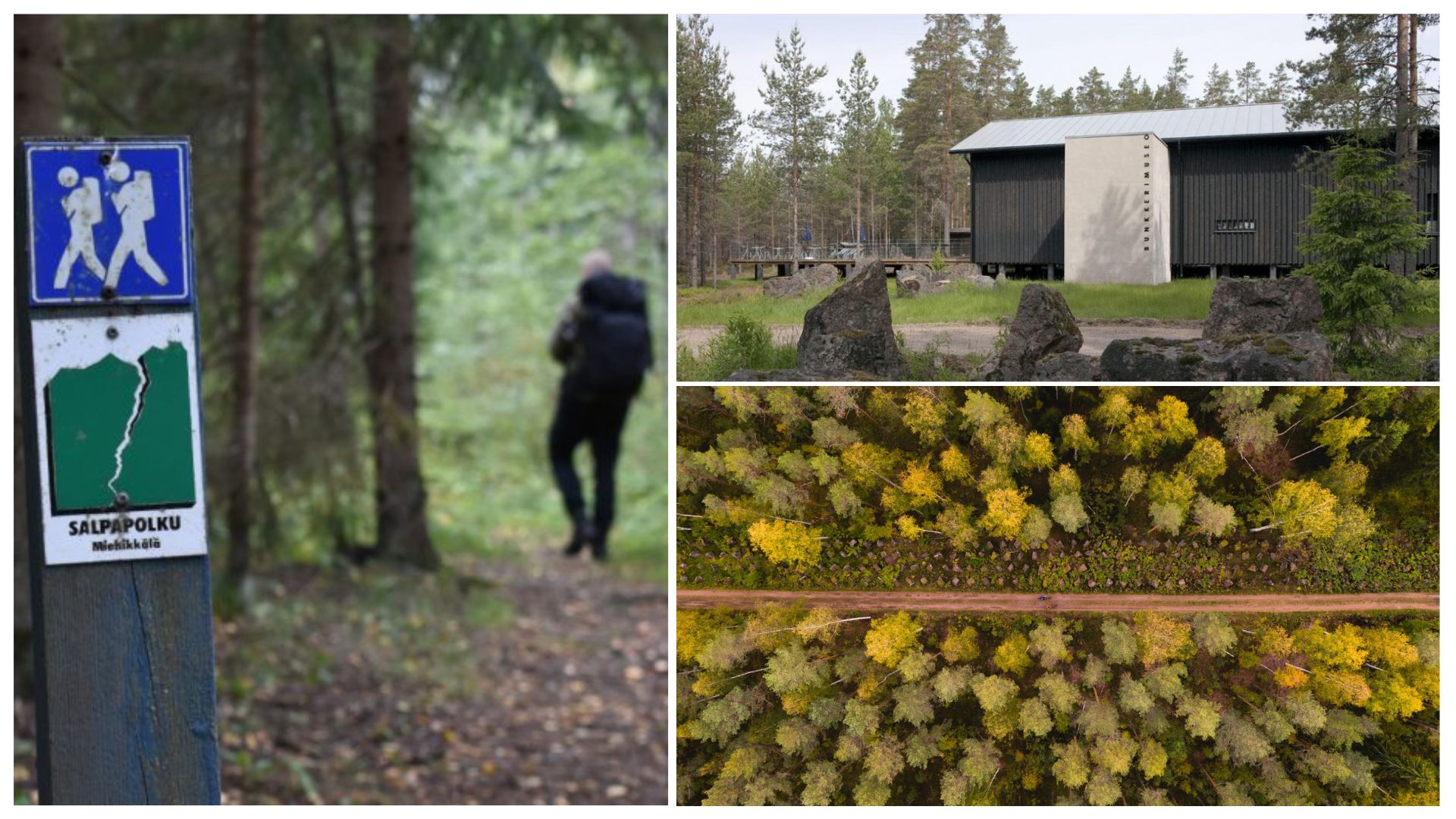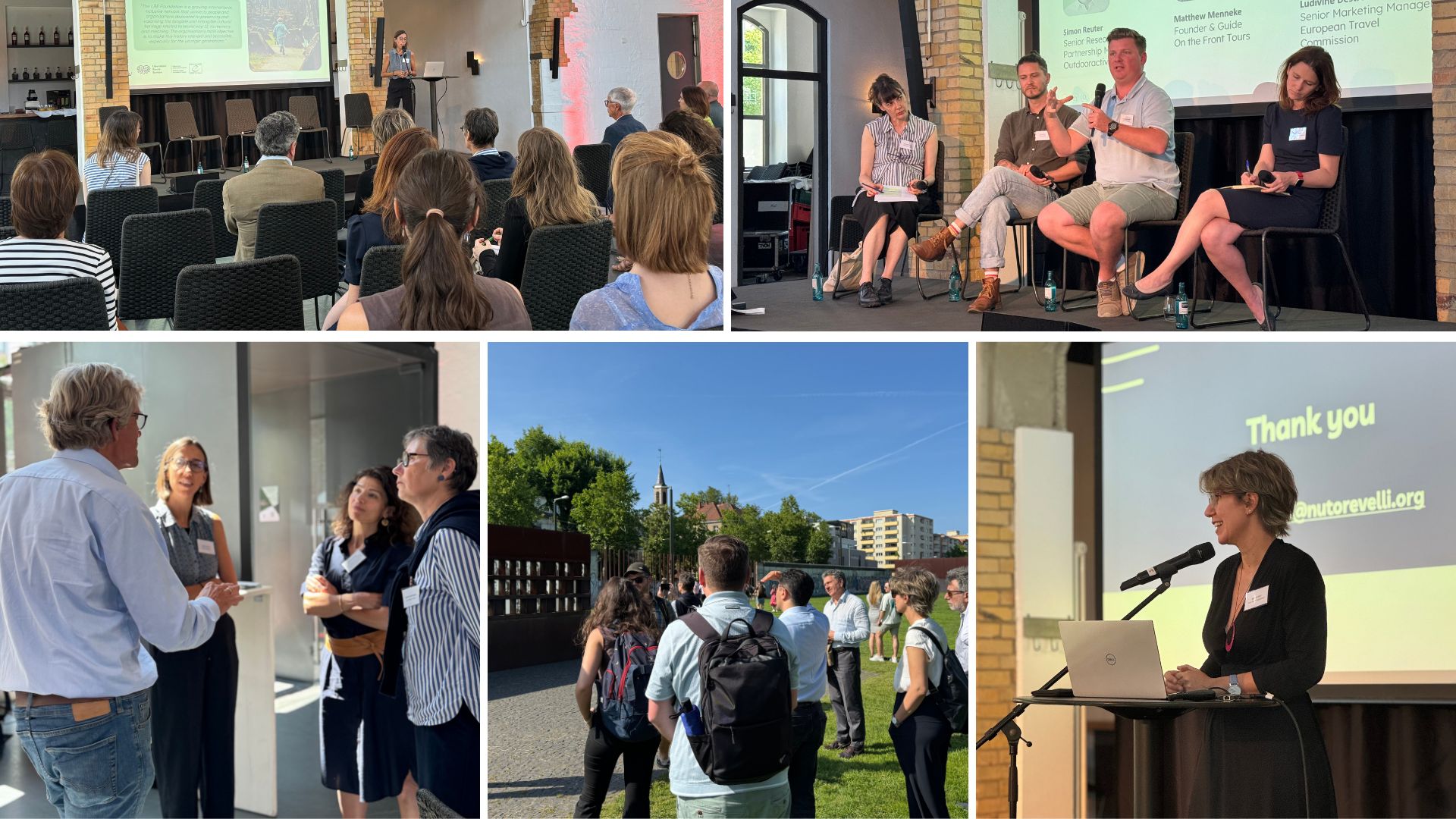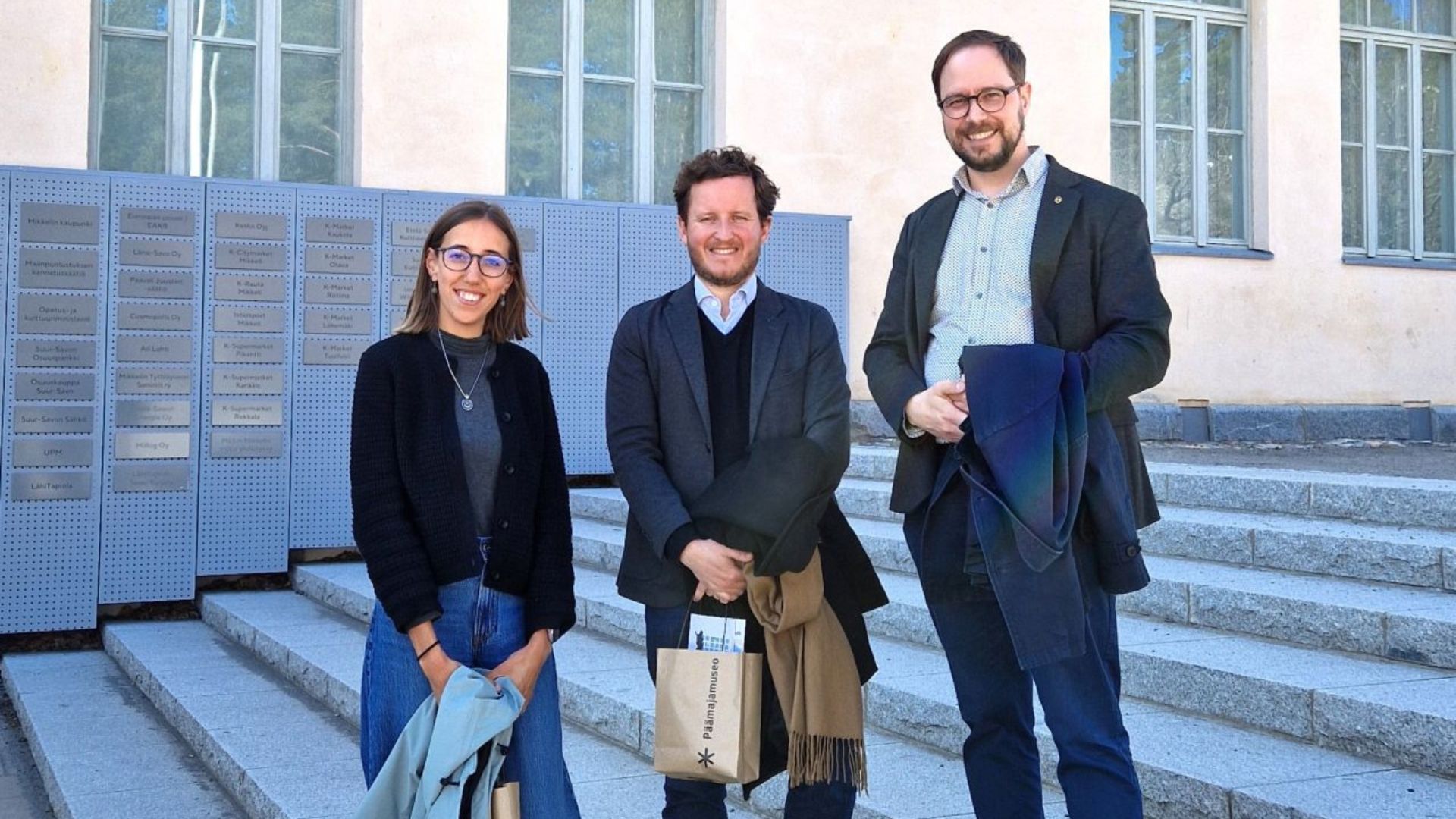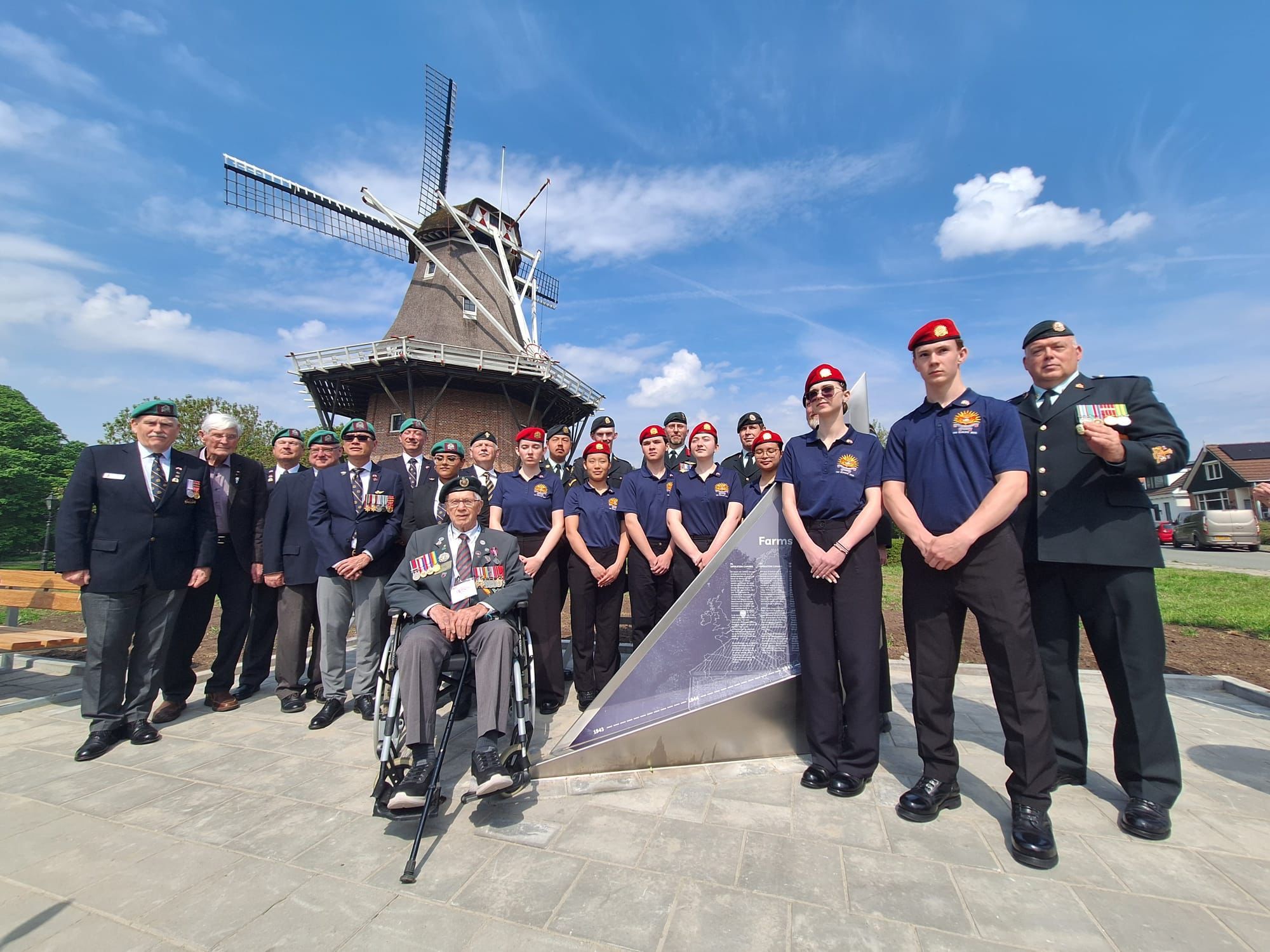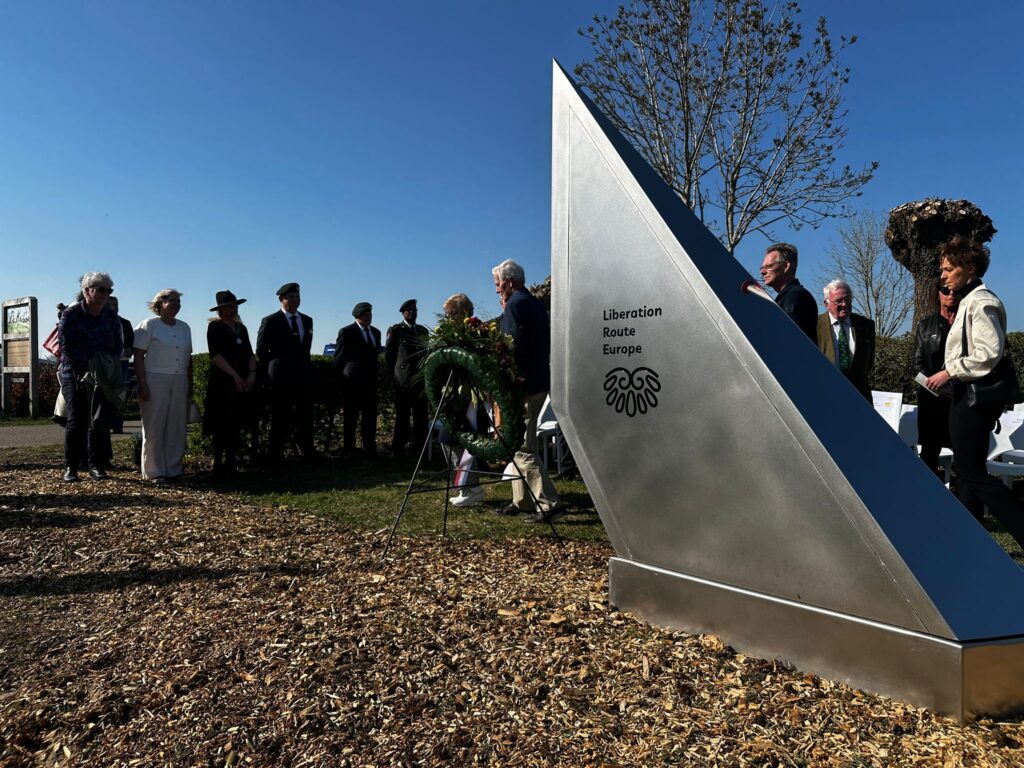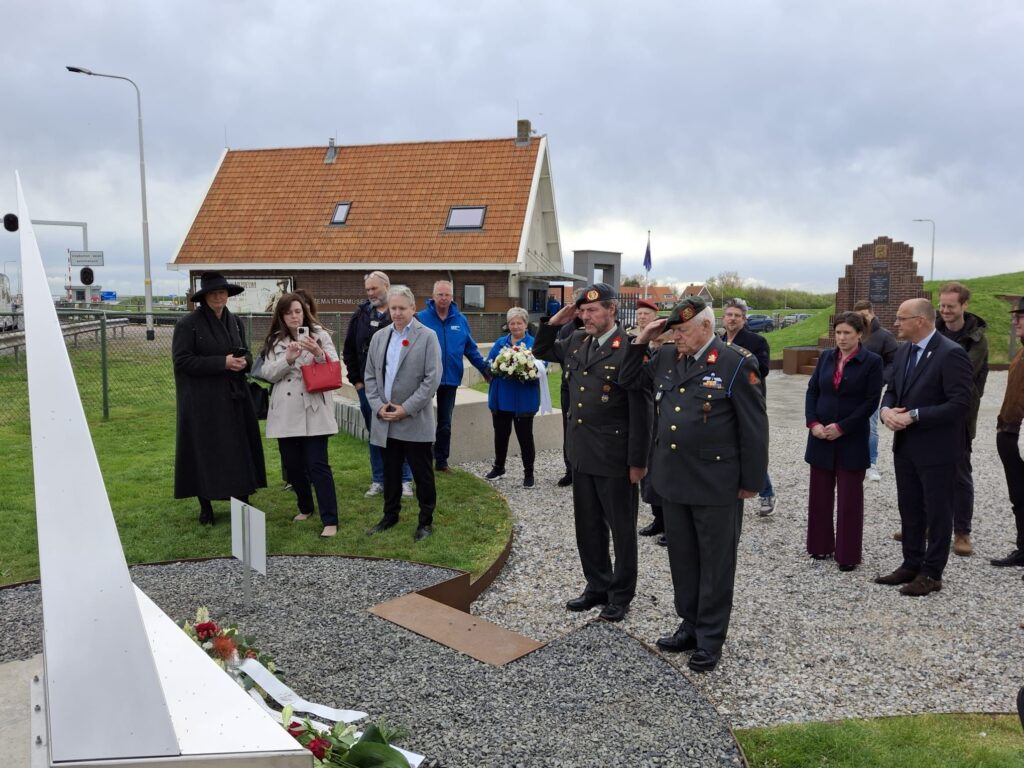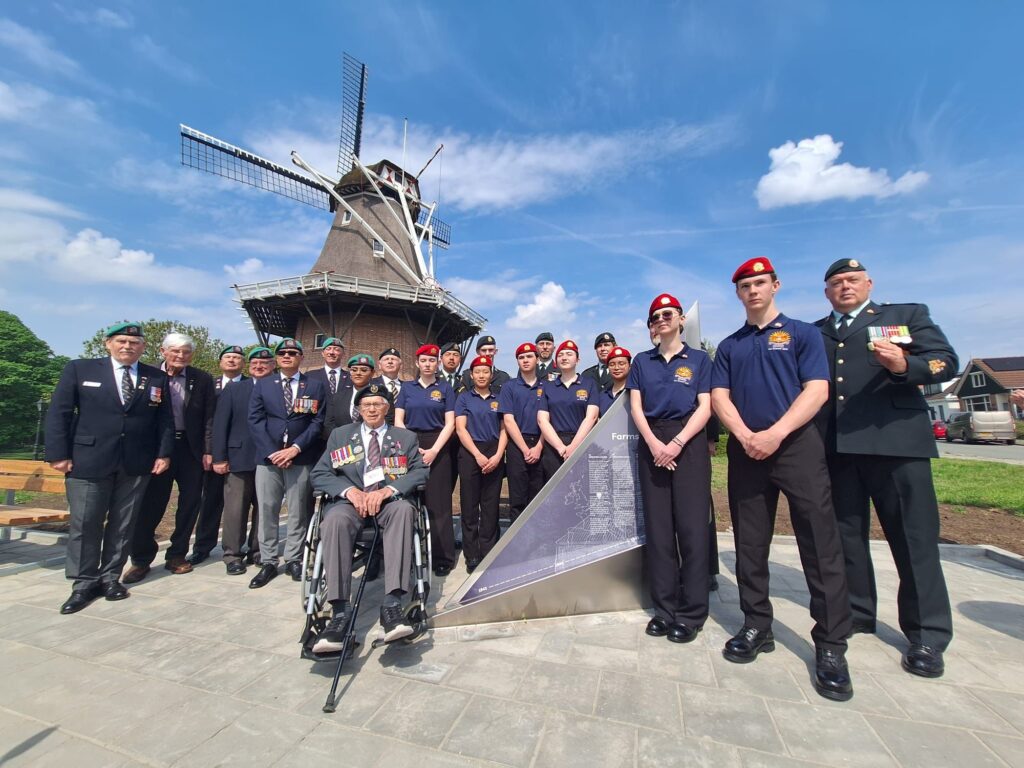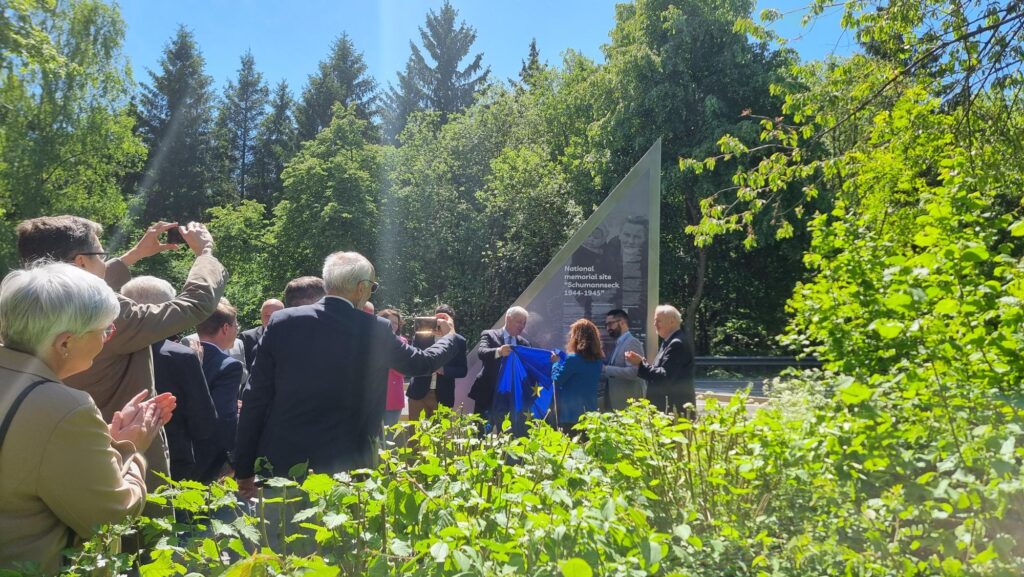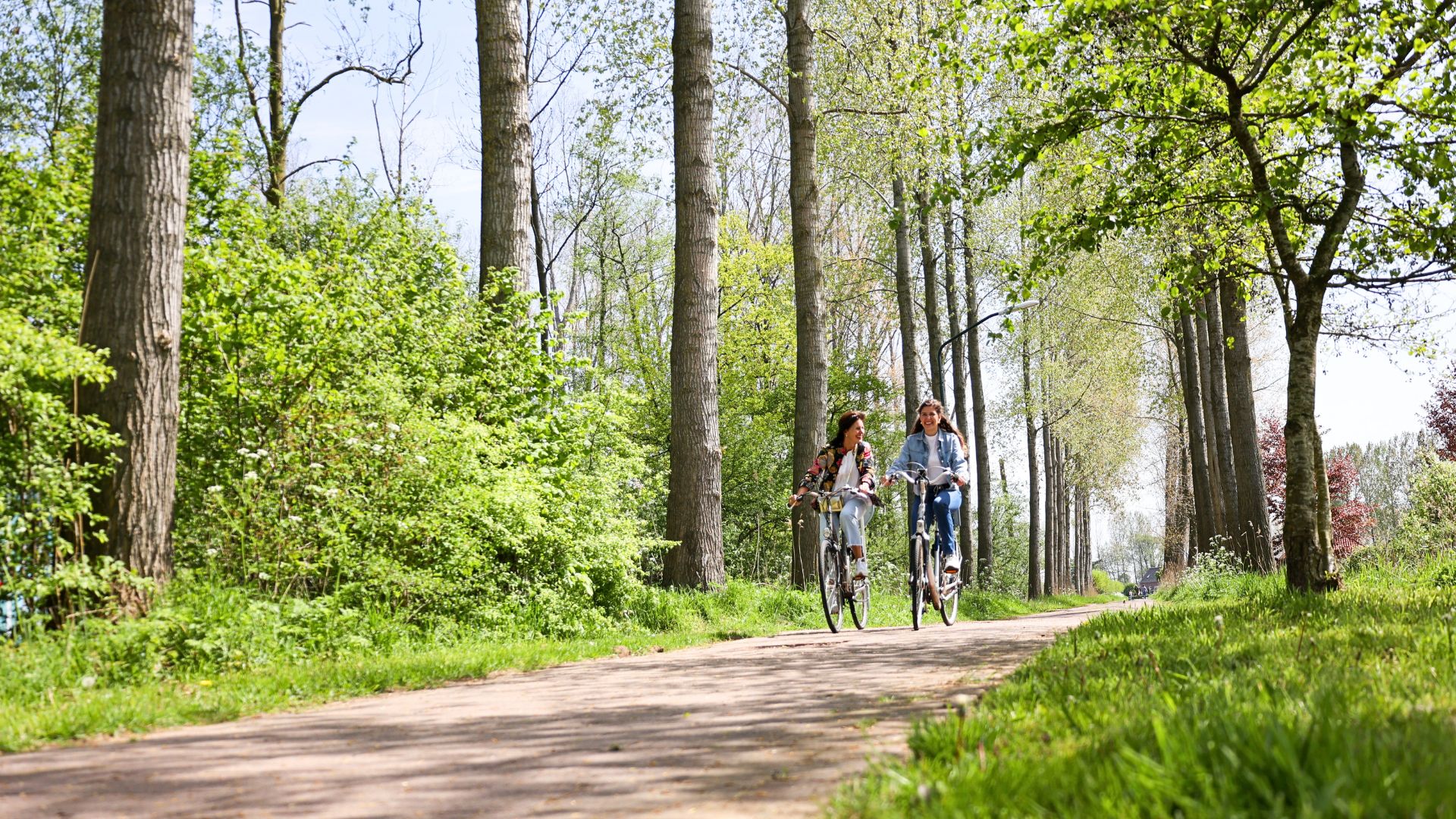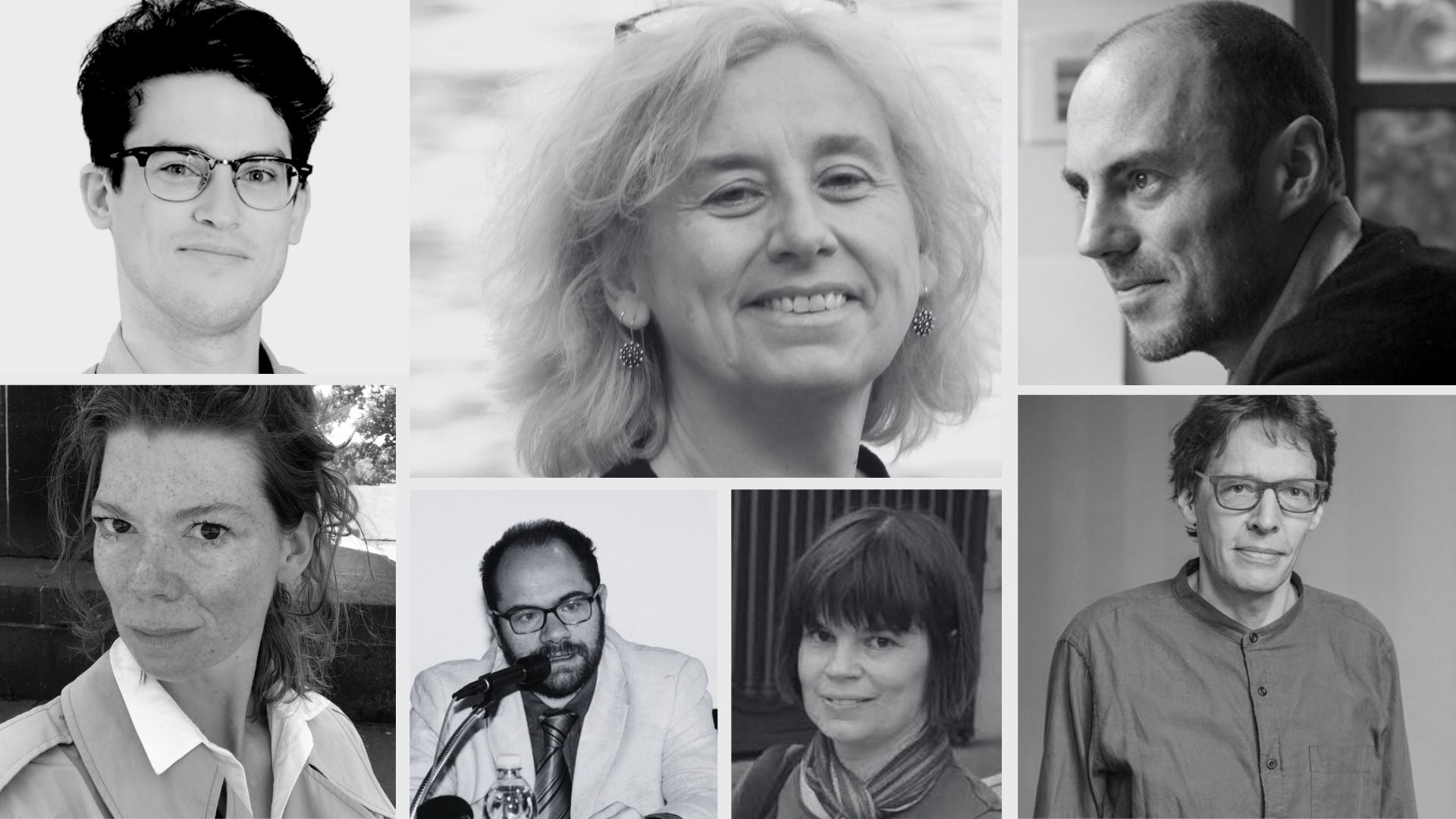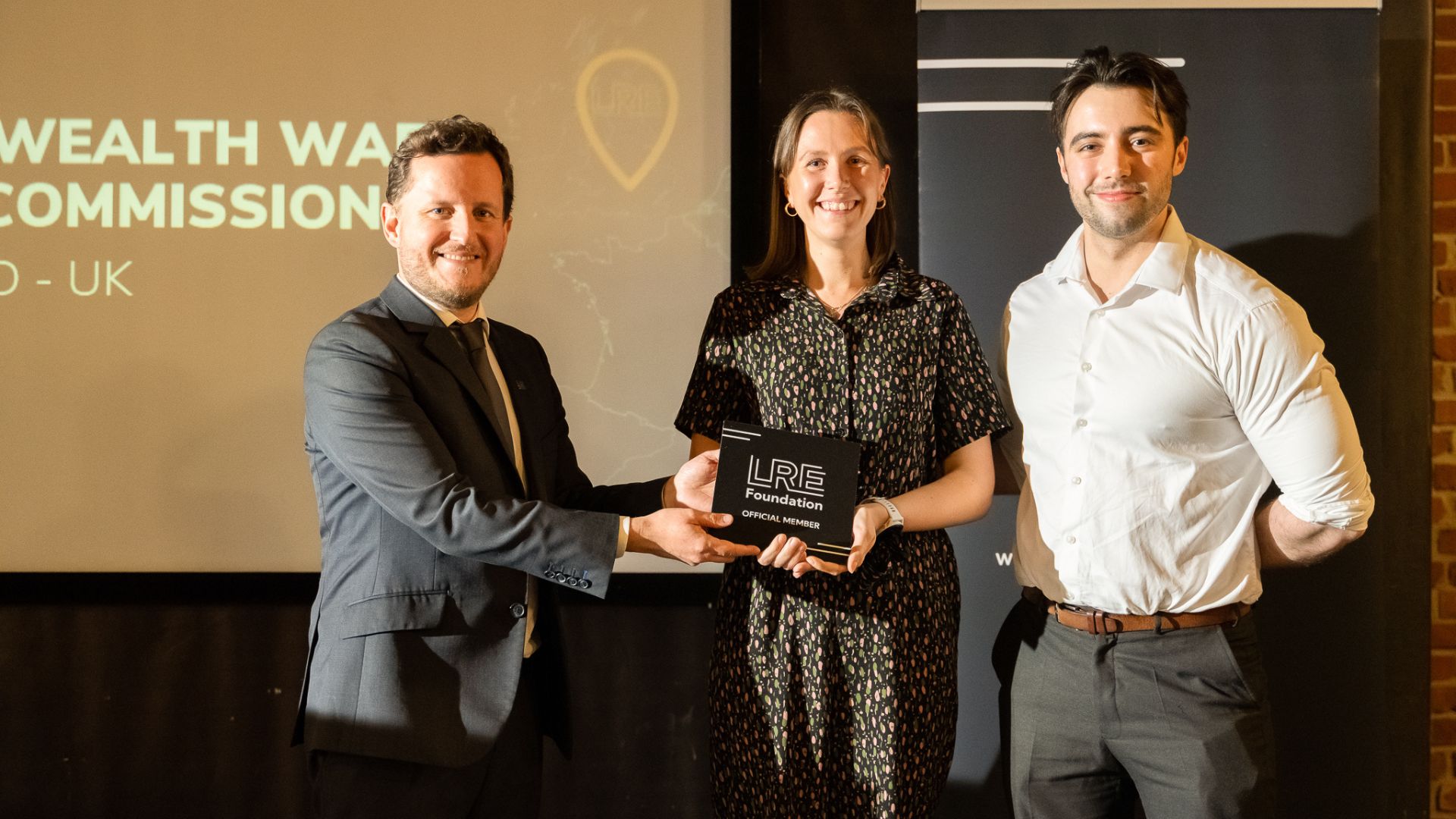The LRE Foundation is pleased to welcome the municipality of Miehikkälä and its Salpa Line Museum as members of its growing international network. Located in south-eastern Finland, the museum plays a crucial role in preserving and presenting the story of Salpalinja – one of Europe’s most impressive defensive structures built during World War II.
Established in 1987, the Salpa Line Museum explores the history of the 1,200-kilometre-long Salpalinja (or Salpa Line), a land-defence line constructed after the Winter War to protect Finland’s eastern border. Covering several hectares of rugged, rocky terrain, the Salpa Line was originally constructed as the defence centre for an augmented company. Today, the open-air museum site showcases this legacy through a combination of bunkers, trenches and natural landscapes, offering visitors a powerful glimpse into Finland’s wartime past.
Rémi Praud, Managing Director of the LRE Foundation, commented:
“We are delighted to welcome Miehikkälä and the Salpa Line Museum. Their commitment to preserving Salpalinja brings a remarkable Finnish perspective to our network and enriches the shared narrative of Europe’s wartime heritage.”
Katri Kotasaari from the Miehikkälä echoed this sentiment, highlighting the museum’s growing international focus: “The Miehikkälä Salpalinja Museum joining LREF is an important step in developing the museum’s and Salpalinja’s domestic and international cooperation and networking. We only joined this year, but belonging to the foundation has already shown to be effective.”
Last month, LRE Foundation Managing Director Rémi Praud and Project Manager Emme Johnson visited Finland as part of a multi-day programme organised by local members. During the visit, they had the opportunity to explore the Salpa Line Museum in Miehikkälä firsthand and engaged with its dedicated team.
Connecting with institutions across Europe—particularly in regions whose histories remain underrepresented in mainstream WWII narratives—is central to the LRE Foundation’s mission. The addition of the Salpa Line Museum not only expands the Foundation’s geographic reach but also deepens its ability to tell a more inclusive and diverse story of Europe’s wartime past.
The LRE Foundation looks forward to supporting the municipality’s future initiatives and promoting the Salpa Line Museum across its international community.
